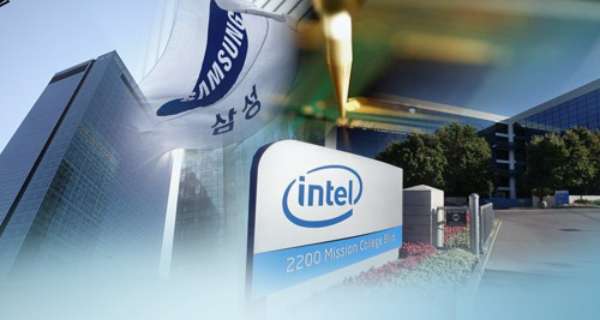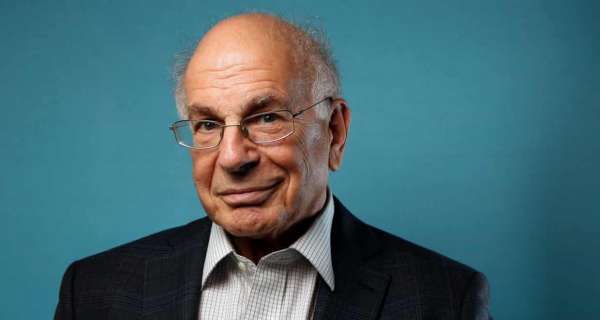U.S. semiconductor company Intel Corp. is confirmed to have approached South Korean chipmaker Samsung Electronics Co. for a "foundry alliance." The move comes as Taiwan's Taiwan Semiconductor Manufacturing Co (TSMC) continues to solidify its dominance in the semiconductor foundry industry, which involves contract manufacturing.
According to sources from the semiconductor industry on Monday, a senior Intel official recently asked Samsung Electronics for a meeting between the top management of the two companies. The message conveyed was that Intel Chief Executive Officer Pat Gelsinger wants to meet directly with Samsung Electronics Executiive Chairman Jay Y. Lee to discuss comprehensive collaboration in the foundry sector.
(Yonhap News Agency, South Korea) (Photo: pulse.mk.co.kr)

Intel launched Intel Foundry Services (IFS) in 2021 and has signed contracts with companies including Cisco Systems Inc. and Amazon Web Service Inc. (AWS) but has not attracted many clients relative to its investments.
Samsung Electronics also launched its foundry division in 2017 to attract customers, but still lags significantly behind TSMC. According to Taiwan-based market research firm TrendForce, TSMC held 62.3 percent of the foundry market in the second quarter of 2024, while Samsung held 11.5 percent. TSMC also controls 92 percent of the market in advanced processes, such as 3-nanometer and 5-nanometer technology (1 nm = 0.000000001 ) (one nanometer = one billionth of a meter)
If Intel and Samsung were to forge a "foundry alliance," they could possibly collaborate comprehensively in areas such as process technology exchange, production facility sharing, and joint research and development (R&D).
Samsung has technological capabilities in advanced processes, such as a 3-nanometer gate-all-around (GAA) technology that enhances performance and power efficiency, while Intel possesses technologies like Foveros, which integrates chips produced with different processes into a single package, and PowerVia, which improves power efficiency.
Intel Foveros Technology Explained
They could apply these technologies to jointly develop high-performance, low-power designs for artificial intelligence (AI), data centers, and mobile application processors (AP).
Samsung also has manufacturing facilities in the United States, Korea, and Chine while Intel has facilities in the United States, Ireland, and Israel, allowing for joint orders or facility sharing if needed. With the increasing export controls on advanced semiconductors in the United States and the European Union (EU), they may also need production responses by region.
"The potential synergies from an Intel-Samsung foundry alliance are immense, but it is hard to expect a big impact right away, given TSMC's overwhelming dominance," Kim Hyung-jun, head of the Next Generation Intelligence Semiconductor Foundation and former professor of Materials Science and Engineering at Seoul National University, said.
Both Samsung and Intel declined to comment on whether a top-level meeting has been arranged.
Source: https://pulse.mk.co.kr/news/english/11146690 (2024.Oct.22)




















0 Comments